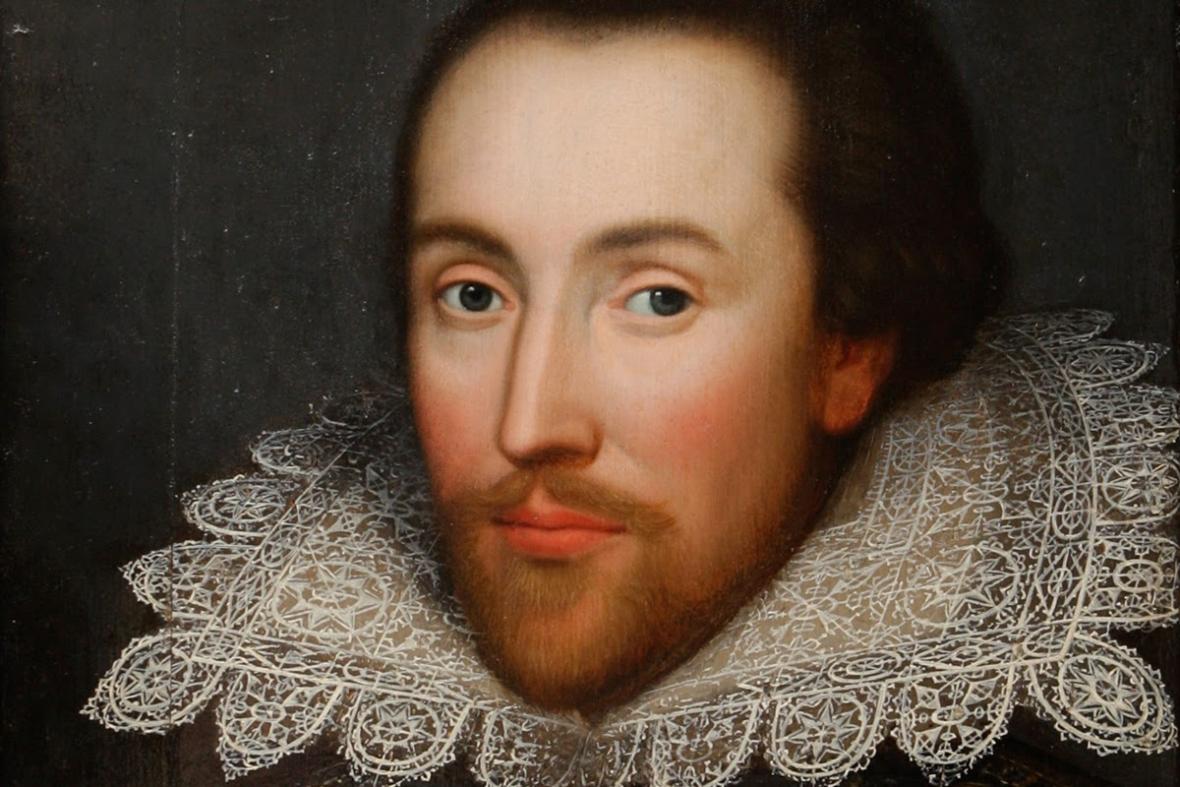What Were the Major Themes Explored in William Shakespeare's Plays?
William Shakespeare, regarded as the greatest playwright and poet in the English language, crafted timeless plays that continue to captivate audiences worldwide. His works transcend cultural and temporal boundaries, offering profound insights into the human condition. This article delves into the major themes that Shakespeare explored in his plays, highlighting their universality and enduring relevance.

Love And Relationships
Shakespeare's plays are replete with intricate portrayals of love and relationships, capturing the complexities and nuances of human connections.
The Complexities Of Romantic Love:
- Tragic Love Stories: Shakespeare's tragic love stories, such as "Romeo and Juliet" and "Antony and Cleopatra," explore the devastating consequences of passionate love thwarted by societal norms, family feuds, or fate.
- Comedic Love Entanglements: In his comedies, like "A Midsummer Night's Dream" and "Much Ado About Nothing," Shakespeare presents humorous and lighthearted takes on love, mistaken identities, and the follies of romance.
- The Transformative Power of Love: Plays like "The Taming of the Shrew" and "The Winter's Tale" showcase the transformative power of love, as characters undergo profound changes and personal growth through their romantic relationships.
Family Dynamics And Conflicts:
- Parent-Child Relationships: Shakespeare delves into the complexities of parent-child relationships in plays like "King Lear" and "Hamlet," exploring themes of generational conflict, filial duty, and the sacrifices parents make for their children.
- Sibling Rivalry and Loyalty: The dynamics of sibling relationships are examined in plays like "King John" and "Henry IV, Part 1," highlighting the tensions, rivalries, and loyalty that exist between brothers and sisters.
- The Impact of Familial Bonds: Shakespeare's plays illustrate the profound impact that familial bonds have on individual choices and destinies, demonstrating how family ties can shape characters' lives and motivations.
Power And Ambition
Shakespeare's plays often explore the corrupting influence of power and the moral dilemmas that arise from the pursuit of ambition.
The Corrupting Influence Of Power:
- Tragic Downfalls of Powerful Figures: Plays like "Macbeth" and "Julius Caesar" depict the tragic downfalls of powerful individuals who succumb to their lust for power and the destructive consequences that ensue.
- The Lust for Power and Its Consequences: In "Richard III" and "Coriolanus," Shakespeare examines the insatiable desire for power and its corrupting effects on individuals and society.
The Moral Dilemmas Of Leadership:
- The Weight of Responsibility and Decision-Making: Plays like "Henry V" and "Measure for Measure" explore the moral dilemmas faced by leaders who must make difficult decisions that impact the lives of others.
- The Conflict between Personal Ambition and the Greater Good: Shakespeare's plays often grapple with the conflict between personal ambition and the greater good, as characters struggle to reconcile their own desires with the needs of their communities.
Identity And Self-Discovery
Shakespeare's plays delve into the exploration of individual identity and the search for meaning and purpose.
The Exploration Of Individual Identity:
- Characters Grappling with Their True Selves: Plays like "Hamlet" and "Twelfth Night" feature characters who grapple with their true identities, questioning their place in the world and struggling to reconcile their inner selves with societal expectations.
- The Fluidity and Malleability of Identity: Shakespeare's plays explore the fluidity and malleability of identity, as characters adopt different personas and identities to navigate various social and personal situations.
The Search For Meaning And Purpose:
- Characters Seeking Fulfillment and Self-Realization: Plays like "The Merchant of Venice" and "All's Well That Ends Well" feature characters who embark on journeys of self-discovery, seeking fulfillment and self-realization.
- The Transformative Journeys of Self-Discovery: Shakespeare's plays often depict transformative journeys of self-discovery, as characters undergo profound changes and personal growth through their experiences.
Justice And Morality

Shakespeare's plays examine the pursuit of justice and the consequences of injustice, as well as the ethical dilemmas that arise in a complex world.
The Pursuit Of Justice And The Consequences Of Injustice:
- Revenge and Retribution: Plays like "Hamlet" and "Titus Andronicus" explore the themes of revenge and retribution, examining the consequences of seeking vengeance for past wrongs.
- The Struggle for Justice in a Corrupt World: Shakespeare's plays often depict the struggle for justice in a corrupt world, where characters must navigate moral ambiguities and difficult choices in their pursuit of justice.
The Examination Of Moral Dilemmas:
- Characters Torn between Right and Wrong: Plays like "Macbeth" and "King Lear" feature characters who are torn between right and wrong, grappling with moral dilemmas and the consequences of their actions.
- The Exploration of Ethical Complexities: Shakespeare's plays explore ethical complexities, as characters face difficult choices that challenge their moral values and beliefs.
William Shakespeare's plays encompass a wide range of themes that explore the complexities of human nature, relationships, power, identity, and justice. These themes are universal and enduring, resonating with audiences across cultures and centuries. Shakespeare's mastery in weaving these themes into compelling narratives and creating memorable characters has cemented his legacy as one of the greatest writers in history.

YesNo

Leave a Reply